Dewi Nusantara
Indonesia, Asia
Cruising the Indonesian Archipelago since 1997, Dewi Nusantara is undoubtedly the most established company exploring these waters above as well as underwater!
With the launch of the Dewi Nusantara (formerly known as the “Paradise Dancer”) in 2008, they have truly set a new standard of comfort, design, service, and safety for dive liveaboards in Indonesia.
Their goal is to offer their guests a first-class cruise experience in dive areas that are second to none. To accomplish this goal they are perfectly situated in the Heart of the Coral Triangle
At the moment of embarkation, you leave the bustling world behind and immerse yourself in the unforgettable wealth of natural beauty and genuine care of the Dewi Nusantara crew whose service, care, and attention are second to none.
Living aboard Dewi Nusantara is as close to a five-star experience as is possible in the faraway corners of the Indonesian archipelago.
With an overall length of 57 meters, our three-mast topsail schooner moves with grace and stability that only larger sailing vessels can offer. 2000 square meters of sail are complemented by two 500-horsepower marine engines and two desalinators that each produce 5000 liters of fresh water per day. We purposely designed the Goddess of the Archipelago to be independent for long periods at sea while offering unparalleled comfort. There are eight spacious air-conditioned staterooms, that can be adapted to either twin or double use, each with its own en suite bathroom. The master and commanders’ cabin aft is the size of a large hotel suite.
While you experience the romance of a bygone area you will be able to indulge in the sheer luxury of finding lots of space everywhere you go from bow to stern. There is a huge lounge and the dining facilities are those of a superb restaurant.
With her state-of-the-art diving equipment, Dewi Nusantara has become the ultimate live-aboard diving platform in Indonesia. Her discreet and attentive Indonesian crew of fifteen is complemented by three dive masters who all have a long experience in the area.
The Coral Triangle is considered by scientists to be the global epicenter of marine diversity and a major center of coral evolution. A full 76 percent of known coral species are found here and 37 percent of reef fish species. Extensive mangrove forests provide nurseries for the rich seas that have sustained Indonesia’s sea-faring island people for millennia. The reefs serve as spawning and breeding grounds for whales and dolphins, sea turtles, and huge fisheries. The diverse reefs are also the seeding stock for the future of our planet’s coral reefs helping ensure adaptation as the natural communities respond to climate change and other global trends.
The Coral Triangle, the global center of marine biodiversity, is an area of 6 million square kilometers that includes parts of Indonesia, Malaysia, the Philippines, Papua New Guinea, Timor Leste, and the Solomon Islands.
The Dewi Nusantara concentrates on the Indonesian part of the vast area!
Maximizing the best of the seasons, Dewi Nusantara’s dive cruises take you to Komodo National Park, Raja Ampat, Banda Sea, Ambon, Halmahera, and Cenderawasih Bay. This last spot has just appeared on the world dive map and is a ‘must dive’ place! Divers will be making up to four dives a day in two of the most sought-after dive destinations on the planet. Site selection depends on many variables such as weather and sea conditions but also on you – tell the crew what you would like to see and do and they will do their very best to accommodate your wishes.
On Dewi Nusantara, everyone is a VIP!

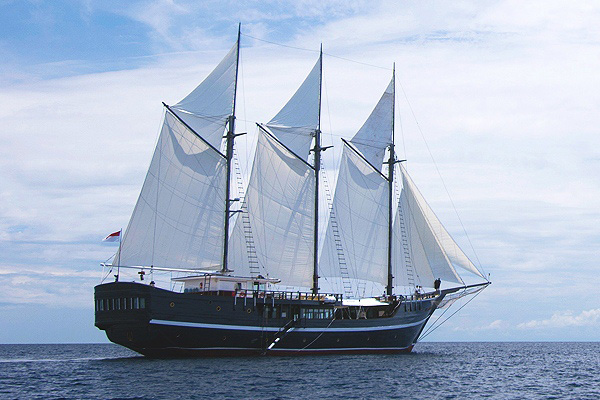
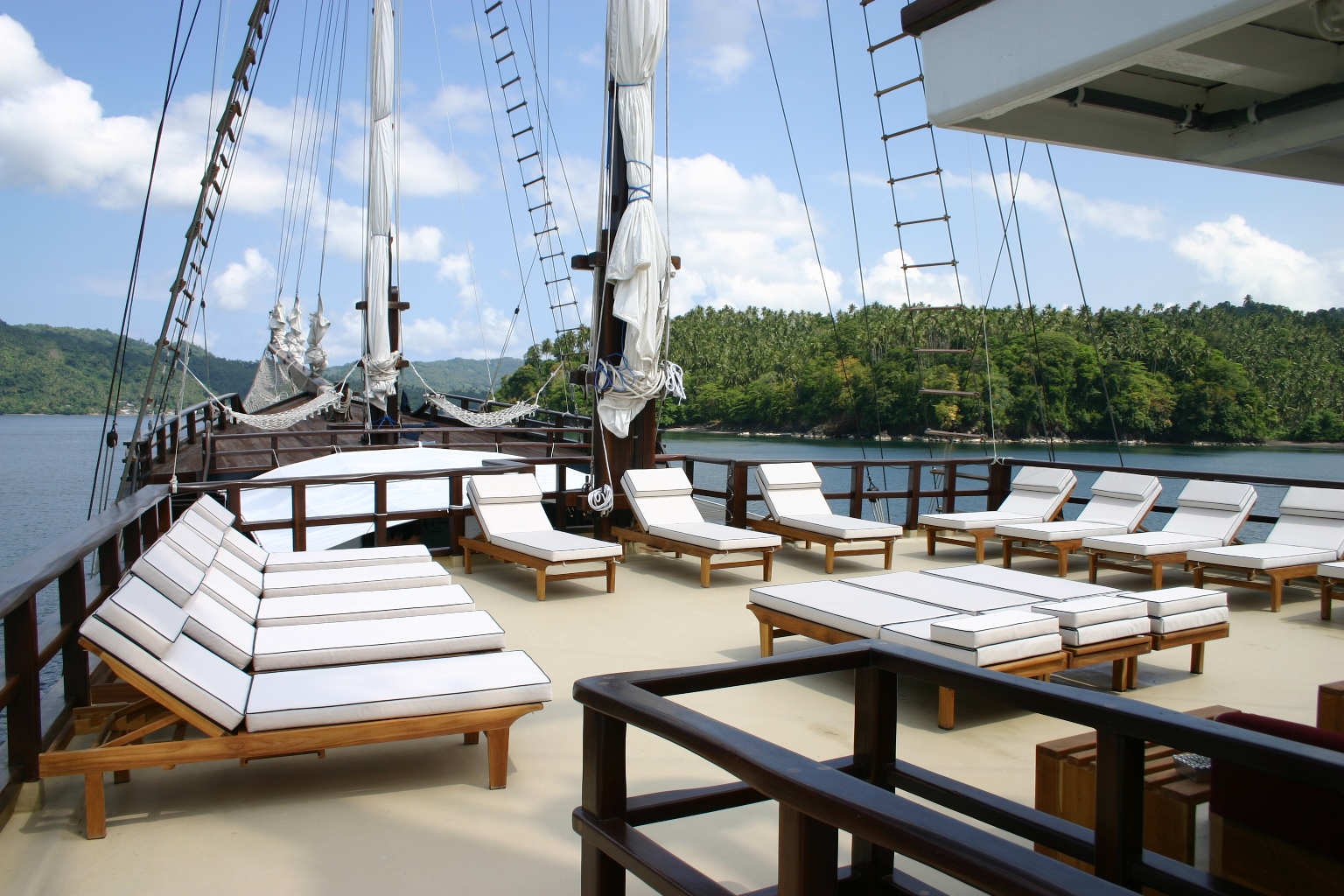
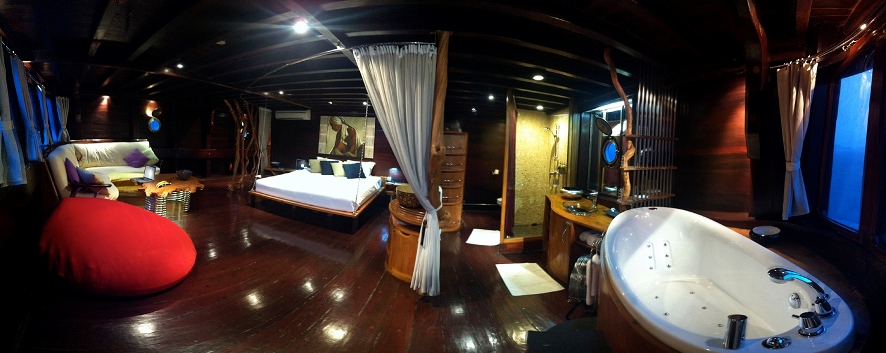
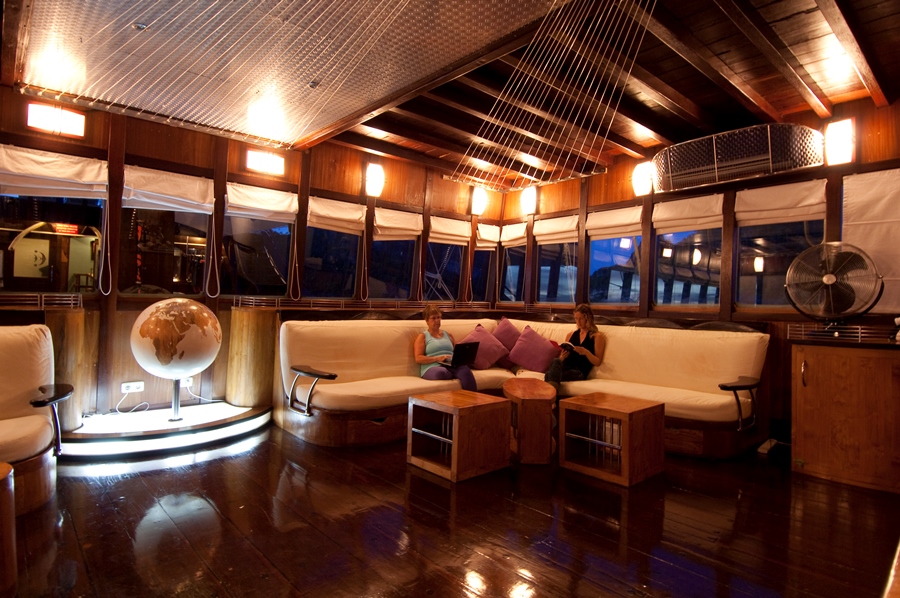
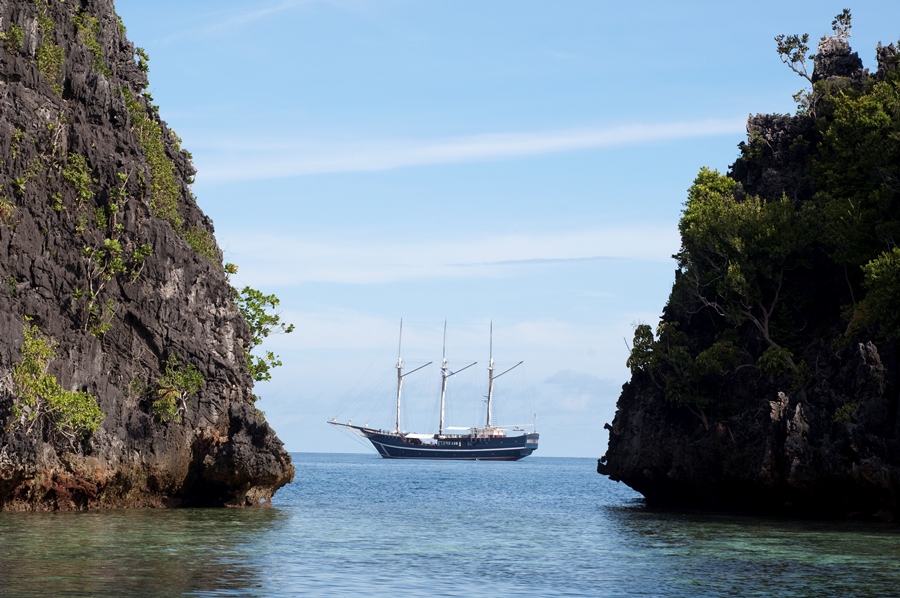
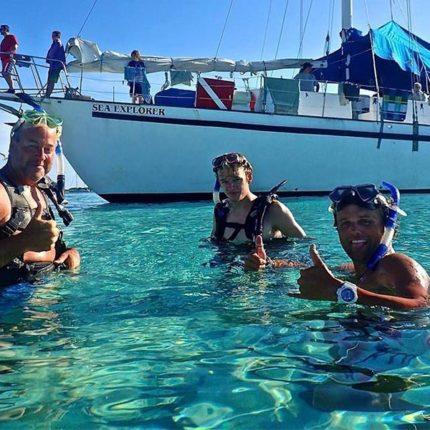
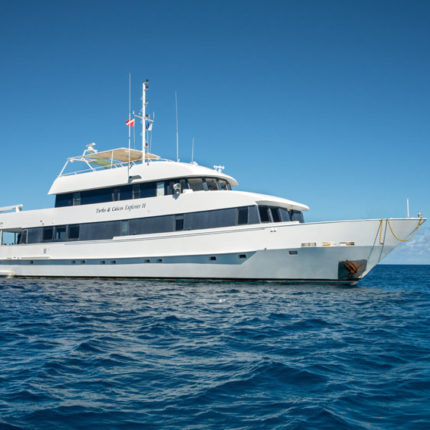
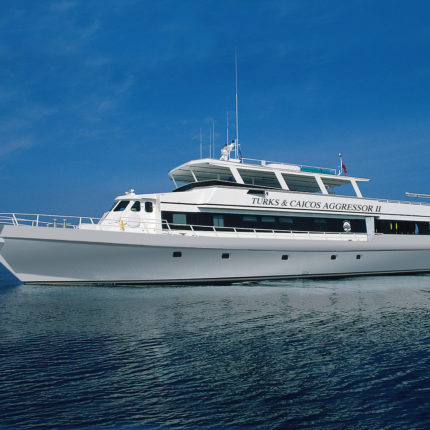
Reviews
There are no reviews yet.